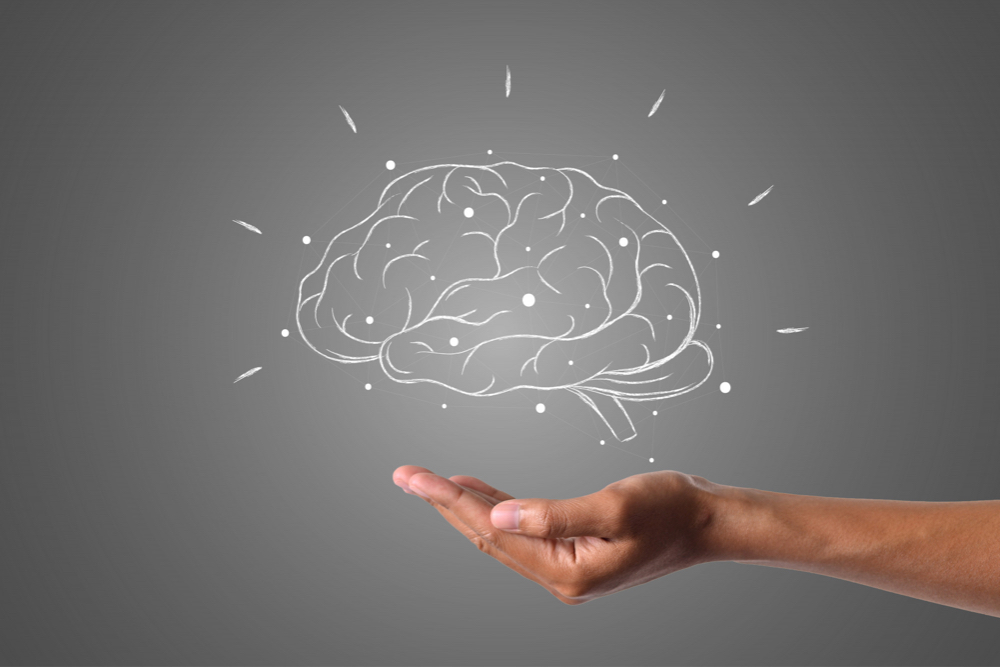
Americans are feeling more stressed out this year in the face of economic uncertainty, social pressures, and concerns over long-term side effects from the pandemic.
Dr. Vivek Murthy, US Surgeon General, says the mental health crisis is the biggest concern facing the country because it impacts so many people and different facets of life.
Nearly two out of five or 37% of Americans rated their mental health as only fair or poor, up from 31% a year ago, according to the American Psychiatric Association. However, the good news is that more people (up to 29%) are taking steps to prioritize and improve their own mental health in daily life.
Key Points
- About 20% of people in the US experience some form of mental illness.
- Nearly half of the 60 million adults and children living with mental health conditions in the United States go without any treatment.
- Mental healthcare costs more than healthcare for cancer, diabetes, and other illnesses.
- There has been a 57% increase in suicide rate for young people compared to ten years ago.
Obstacles
Although there is less stigma attached to talking about mental health, people are still reluctant to discuss mental illness.
Reimbursement for mental healthcare is very weak, despite the Mental Health Parity Act passed in 2008. The system is fragmented, confusing and more expensive than other types of healthcare. As a result, people often cannot get treatment or support when it’s needed the most.
Root Causes
The rapid changes in society have contributed to the rise in stress and other disorders. These include:
- The rise in social media
- The COVID-19 pandemic,
- Less family and community involvement, leading to fewer social interactions on a regular basis.
- Lack of health insurance or less access to providers also prevent mental health treatments.
Options and Treatments
- More affordable services are being offered online (Virtual therapies, Apps etc.)
- Mental health information is available through the internet and community health centers.
- The US government is focusing more attention on mental healthcare and has set up a new suicide prevention hotline, 988
- Support Groups such as
- State sponsored treatment centers.
Image by jcomp on Freepik